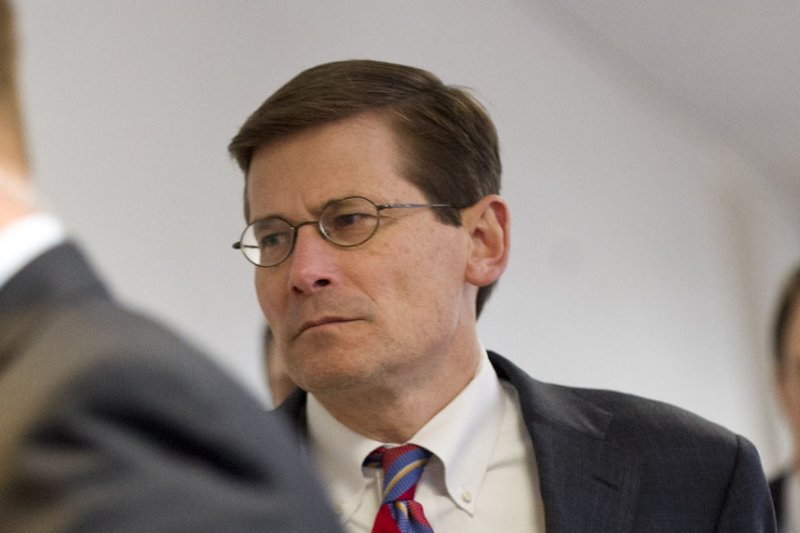WASHINGTON, May 4 (UPI) -- Former Deputy CIA Director Michael Morell said Republicans politicized and repeatedly distorted the agency's analysis of the 2012 Benghazi attacks.
The allegation that the U.S. military and CIA officers "were ordered to stand down and not come to the rescue of their comrades" is not true, Morell wrote in his book The Great War of Our Time, set for release later this month.















